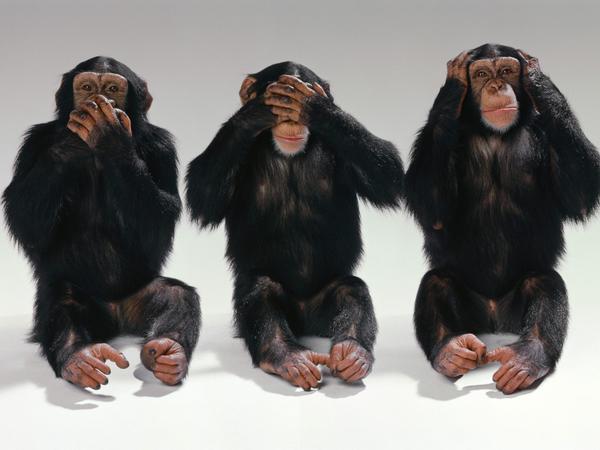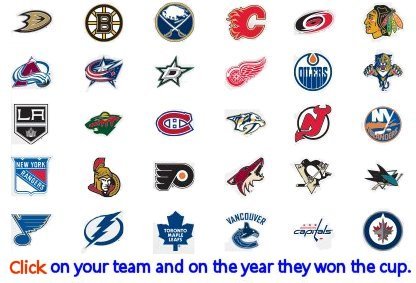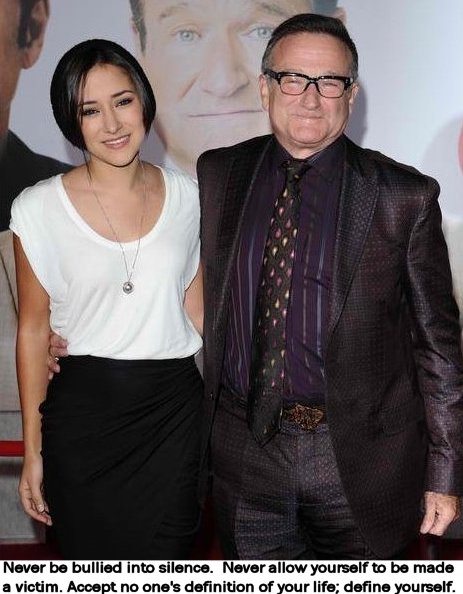
|
Even when we become professionals, this sort of erring works away within our minds....[It] is governed, in large part, unconsciously by two spontaneous rules: 'acquiescence’ and 'segregation.’ We can think of these as rules of ... 'mental sloth’:
[Segregation:] We isolate the problem from its global context; the problem itself becomes the immediate and exclusive center of our attention. We do not take into account all the pros and cons of our choice and its consequences. Having narrowly considered only the choices offered us, rather than considering the various global possibilities or probabilities available ... in myopic fashion we take up only those actions and solutions that have an immediate effect on the situation.
You should consequently never trust an expert.
In my former career I was considered an expert (widely consulted and published).
I didn't buy my expert status at the time and I certainly don't now. I knew fuck all. Yet people NEEDED me to be the expert. We humans have this massive, irresponsible craving to have someone else be Daddy or Mummy who knows it all and can make it all better.
You have to be your own expert. Always. But that demands that you take responsibility for your life. Few people really do.
It also demands that you adopt a position of humble learner - experts become experts by always being open to learning and changing their opinions, knowledge base and practice. Few people want to humble themselves to learn anything of value.
|





